| Sorted by date | |||
page182from Building Ideas
Another
radical thinker to suffer persecution by the Fascists was the German writer Walter
Benjamin, forced to flee to Paris in the 1930s. Benjamin also worked with
Marxist themes in the context of popular culture, conducting a detailed study
of the Parisian arcades as vehicles of nineteenth century commodity capitalism.
As Susan Buck-Morss explained in her book on the unfinished Arcades Project:
…
the key to the new urban phantasmagoria was not so much the
commodity-in-the-market as the commodity-on-display, where exchange-value no
less than use-value lost practical meaning, and purely representational value
came to the fore. Everything desirable, from sex to social status, could be
transformed into commodities as fetishes-on-display that held the crowd
enthralled even when personal possession was far beyond their reach. Indeed, an
unattainably high price-tag only enhanced a commodity’s symbolic value.13
At the same time, with the arcades a new
architecture had evolved in iron and glass, which eroded the distinction
between inside and outside space. This perfectly suited the status of the new “commodity
fetish”, which relied on a similar breakdown between consumer and consumed –
disorientation at work in the new space of the arcade served to support this
confusion between subject and object. For Benjamin this was exemplified in the
figure of the prostitute, a characteristic combination of seller and product.
Another
inhabitant of the arcades who became important in Benjamin’s thinking was the
flâneur,
or urban “wanderer” who resisted the temptations of consumption by his
ceaseless window-shopping and seemingly aimless movement. Benjamin appropriated
this kind of activity as a model of resistance to commodification, suggesting
that as the flâneur assembles impressions of the city, the artist should assemble “found”
objects. He took this approach himself, in his work on the Arcades Project, and
he describes it in his own words as:
|
|||
|
|||
|
|
|||
page181from Building Ideas
A
further refinement of the “vulgar” Marxist understanding of history came from
the Italian philosopher, Antonio Gramsci, who was also active in the Communist
party around the time of World War 1. Following the failure of the Communists
to take power after the war, Gramsci was imprisoned by the Fascists in the late
1920s. While detained he was allowed to write, and composed a series of Prison
Notebooks, which were published after his death following his release in 1937.
Gramsci’s contribution to Marxist thinking echoes that of Lukács, although he develops the
problem of ideology into the field of popular culture. He uses the concept of
hegemony to describe the pervasive presence of ideology, and to explain why
Marx’s “base and superstructure” notion is too simplistic when taken literally.
Again he develops a dialectical relationship between the two components of Marx’s
model, and shows how the institutions of the superstructure actually serve to
support the base. This takes place at the level of ideas, through the process
of dissemination carried on by the state which, by controlling the supply of
information, is able to condition a great deal of what people think. According
to Gramsci, class interests present themselves as cultural phenomena and it is
these in turn that become reified into seemingly “natural” principles. This
second nature that is created, as a cocoon around society, prevents anyone
seeing outside it to a possible alternative system. As he wrote in the Prison
Notebooks on the “educative” role of the state:
…
One of its most important functions is to raise the great mass the of
population to a particular cultural and moral level, a level (or type) which
corresponds to the needs of the productive forces for development, and hence to
the interests of the ruling classes. The school as a positive educative
function, and the courts as a repressive and negative educative function …
(and) in reality, a multitude of other so-called private initiatives and
activities tend to the same end – initiatives and activities which form the
apparatus of the political and cultural hegemony of the ruling classes.12
|
|||
|
|||
|
|
|||
page180from Building IdeasThis kind of mechanical understanding meant the laws of society had come to be accepted as beyond man’s control, whereas Luács restored the importance of the concept of alienation as a way of explaining how this ideological illusion had come about. In his History and Class Consciousness(1923), he attempted to reinterpret Marx in terms of the philosophy of Hegel, by reinstating the creative role of the collective human consciousness. He coined the term “reification” (meaning “turning into a thing”) to explain what happens to human consciousness in the alienating conditions of modern industrial capitalism. This idea mirrors Marx’s concept of the “fetishisation” of commodities, where an analogous process of transformation occurs in reverse. In Marx’s terms, the product of alienate takes on an almost magical existence of its own, like the fetish-objects used in many archaic religious rituals, which were endowed with quasi-human capabilities. When the product enters the market place it acquires its own exchange –value and enters into a “society” of relations with other commodities. Marx saw this as elevating the object above humanity, at the same time as the worker was reduced from a human being to a commodity. Lukács used this notion to explain how Marxism itself had been distorted as later writers had reduced the human element in Marx’s thinking. Instead of the inevitable revolution that Marx had seemed to forecast, based on the inexorable growth of new conditions leading to a necessary change of consciousness, Lukács reinstated the dialectic between the two terms, with the responsibility for change resting on the shoulders of the workers: The truth that the old intuitive, mechanistic materialism could not grasp turns out to be doubly true for the proletariat, namely that it can be transformed and liberated only by its own actions, and that the ‘educator must himself be educated’. The objective economic evolution could do no more that create the position of the proletariat in the production process … . But the objective evolution could only give the proletariat the opportunity and the necessity to change society. Any transformation can only come about as the product of the – free – action of the proletariat itself.11
|
|||
|
|||
|
|
|||
page179from Building Ideas
according to Marx, the workers’ consciousness
of their exploitation; thus the revolutionary impulse is never allowed to break
through.
The
concept of ideology shows the dialectical nature of Marx’s thinking, and
provides the necessary refinement to the deterministic model of history. The
issue centres on his intention to change, rather than merely interpret, the
conditions of society, with the question now being, where do you begin – to
change consciousness or to change conditions? According to Marx’s more
humanistic earlier writings, it is the former activity that becomes a priority
for the philosopher. Seeing beyond the ideological “illusion” that prevents
awareness of political injustice also becomes a major theme in later Marxist
thinking –centred on the question of cultural activity as a means of exposing
ideology to the process of critique.
Marxist Interpretation – Lukács, Gramsci and Benjamin
Marx’s early works only began to appear in
print around 1930, with his Economic and Philosophical Manuscripts making most
impact. One writer who had anticipated some of the themes contained in these
early writings was the Hungarian philosopher and literary critic, Georg Lukács contested the empirical, “scientific”
interpretation of Marxism that had been promoted by Engels following Marx’s
death. Anticipating Thomas Kuhn, on the principle of the paradigm, he writes:
The
blinkered empiricist will of course deny that facts can only become facts
within the framework of a system – which will vary with the knowledge desired. He
believes that every piece of data from economic life, every statistic, every
raw event already constitutes an important fact. In so doing he forgets that
however simple an enumeration of ‘facts’ may be, however lacking in commentary,
it already implies an ‘interpretation’.10
|
|||
|
|||
|
|
|||
page178from Building Ideas
The
monopoly of capital becomes a fetter upon the mode of production, which has
sprung up and flourished along with, and under it. Centralisation of the means
of production and socialization of labour at last reach a point where they
become incompatible with their capitalist integument. This integument is burst
asunder. The knell of capitalist private property sounds.8
The
remaining difficulty for Marx’s theory was explaining why this revolution had
not taken place – why the conflicting elements in society were being held
together in equilibrium. He came up with the concept of “ideology” to explain
why this was the case, and it is here that Marx’s base and superstructure model
becomes a good deal more refined – although he also falls back on a metaphor,
in one of his earlier formulations:
If
in all ideology men and their circumstances appear upside-down as in a
camera-obscura, this phenomenon arises just as much from their historical
life-process as the inversion of objects on the retina does from their physical
life-process… The phantoms forms in the human brain are also, necessarily,
sublimates of their material life-process, which is empirically verifiable and
bound to material premises. Morality, religion, metaphysics, all the rest of
ideology and their corresponding forms of consciousness, thus no longer retain
the semblance of independence.9
This
“false consciousness” as Engels called it is promoted by the institutions of
the superstructure, which ensure that the contradictions within society are
accepted as immutable natural principles – thus as dominant mythology supports
the status quo (much as Roland Barthes described it in Chapter 4). This mythology
serves to suppress the two great conflicts in society – between the worker and
the product, which has now become an “alien” object, and between the individual
and the community, due to the laws of private property- and this prevents,
|
|||
|
|||
|
|
 ... ...
... ... ... ...
... ... ... ...
... ...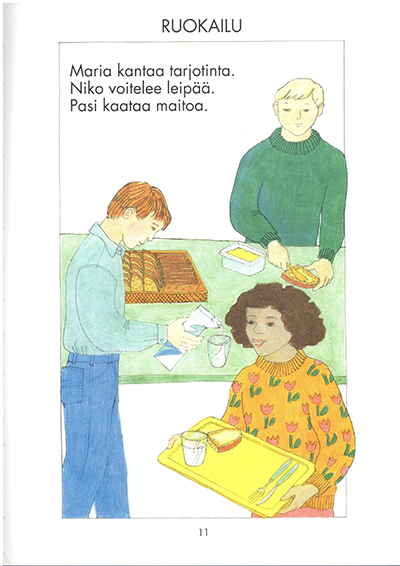 ... ...
... ... ... ...
... ... ... ...
... ... ... ...
... ... ... ...
... ... ... ...
... ...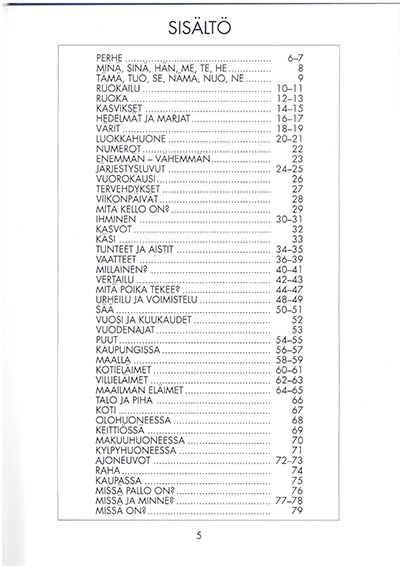 ... ...
... ... ... ...
... ... ... ...
... ...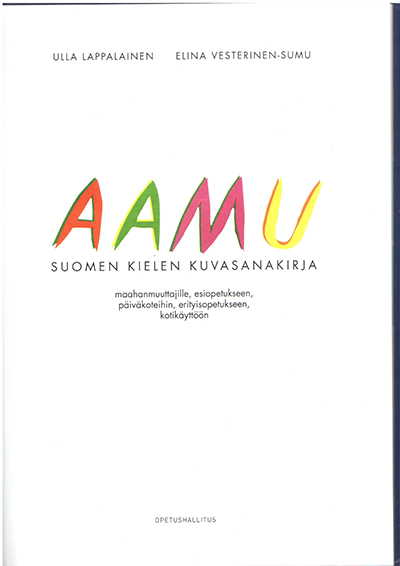 ... ...
... ...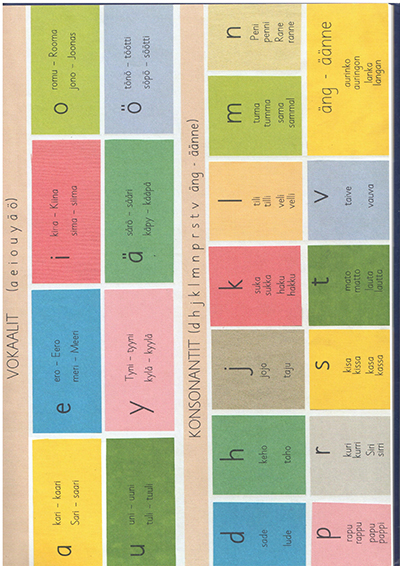 ... ...
... ...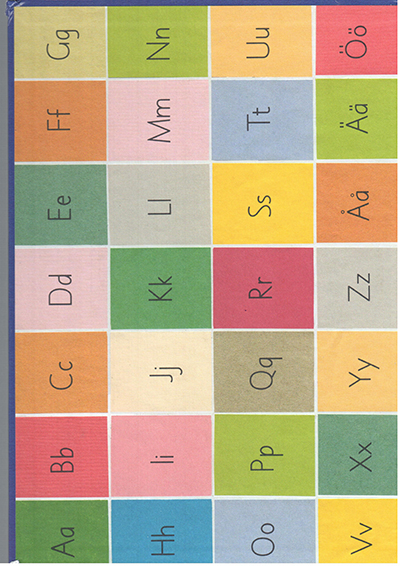 ... ...
... ...